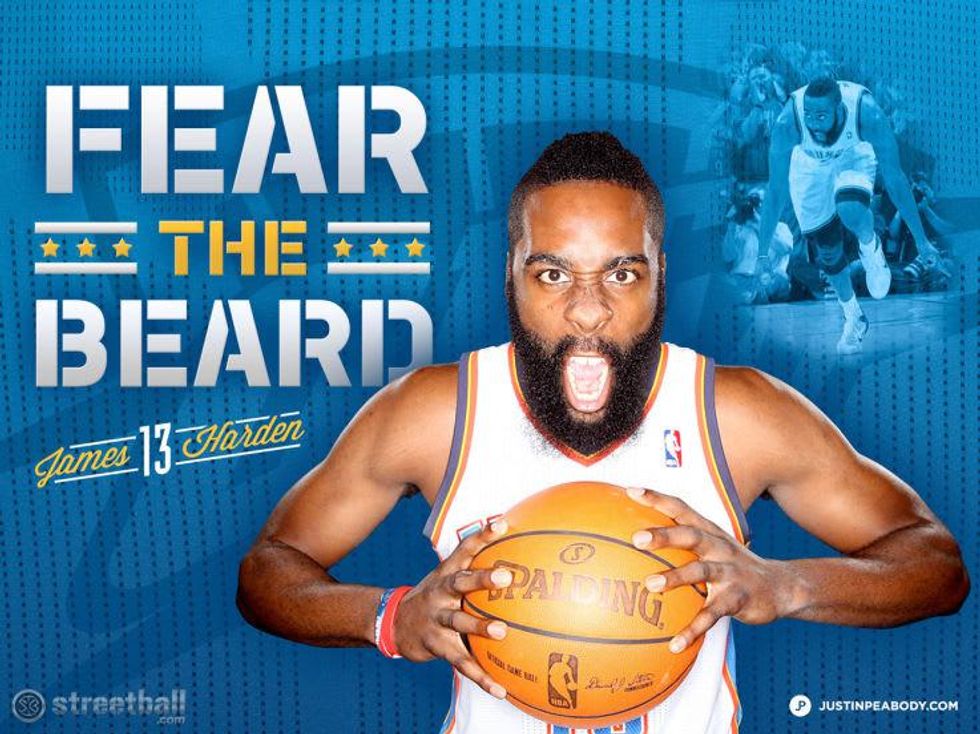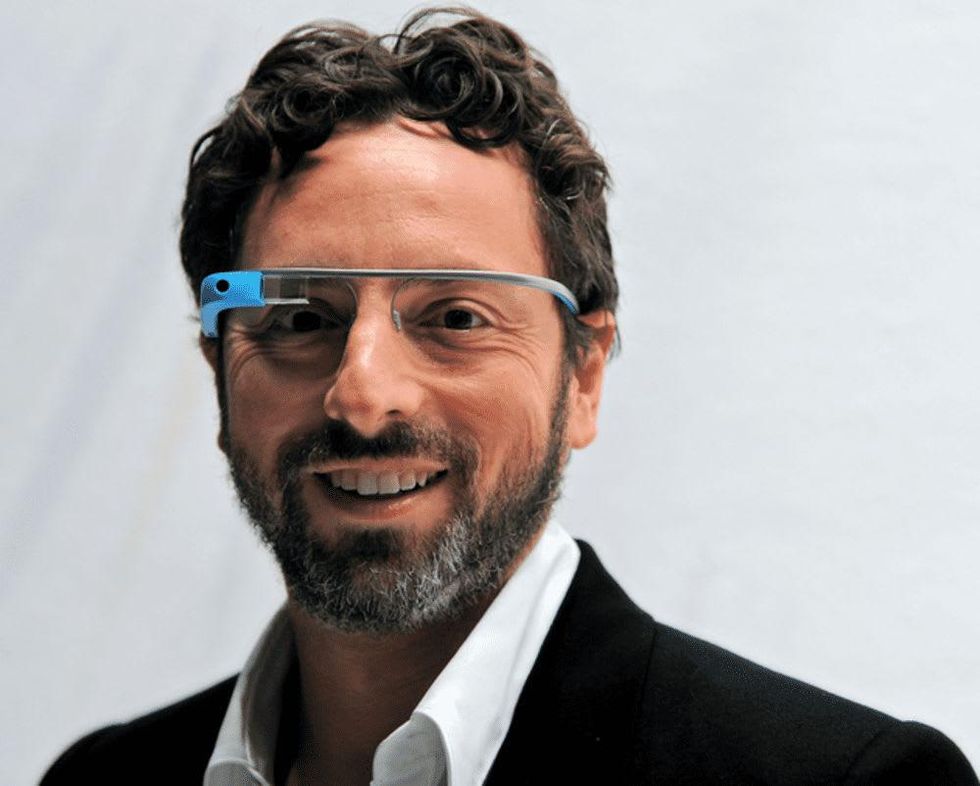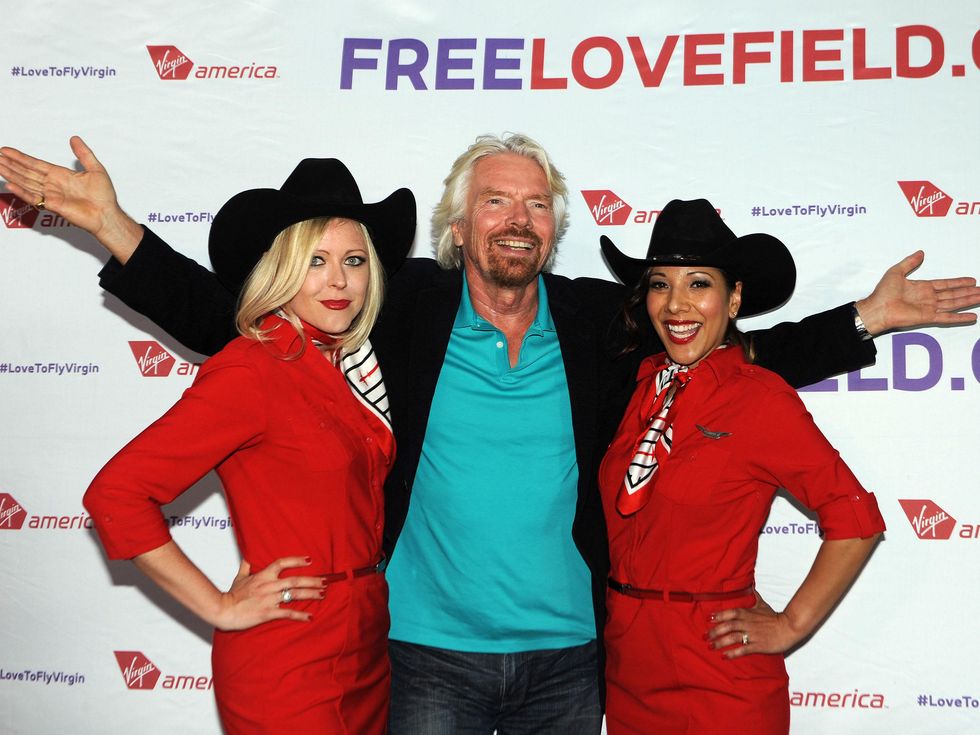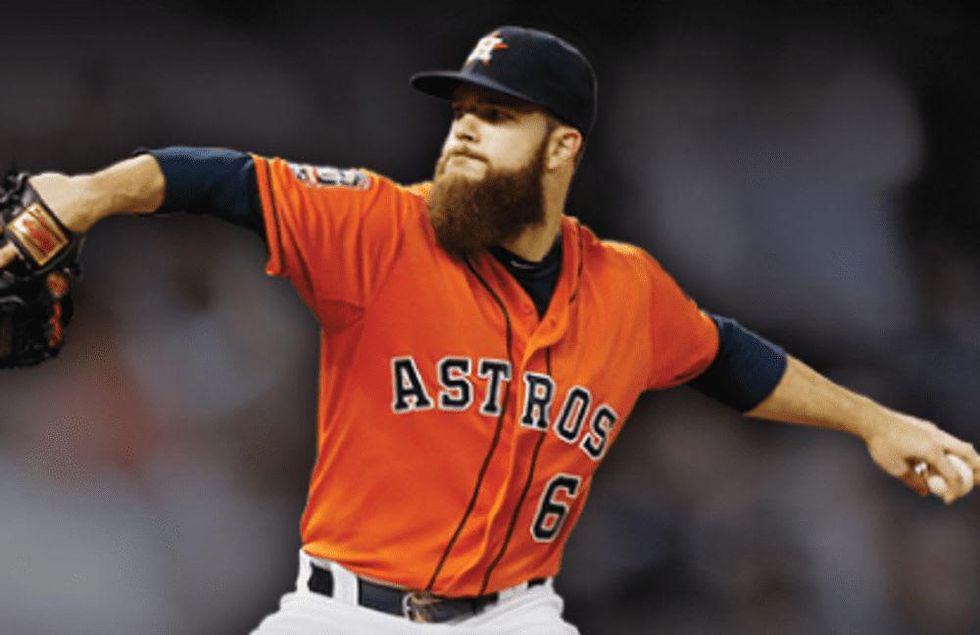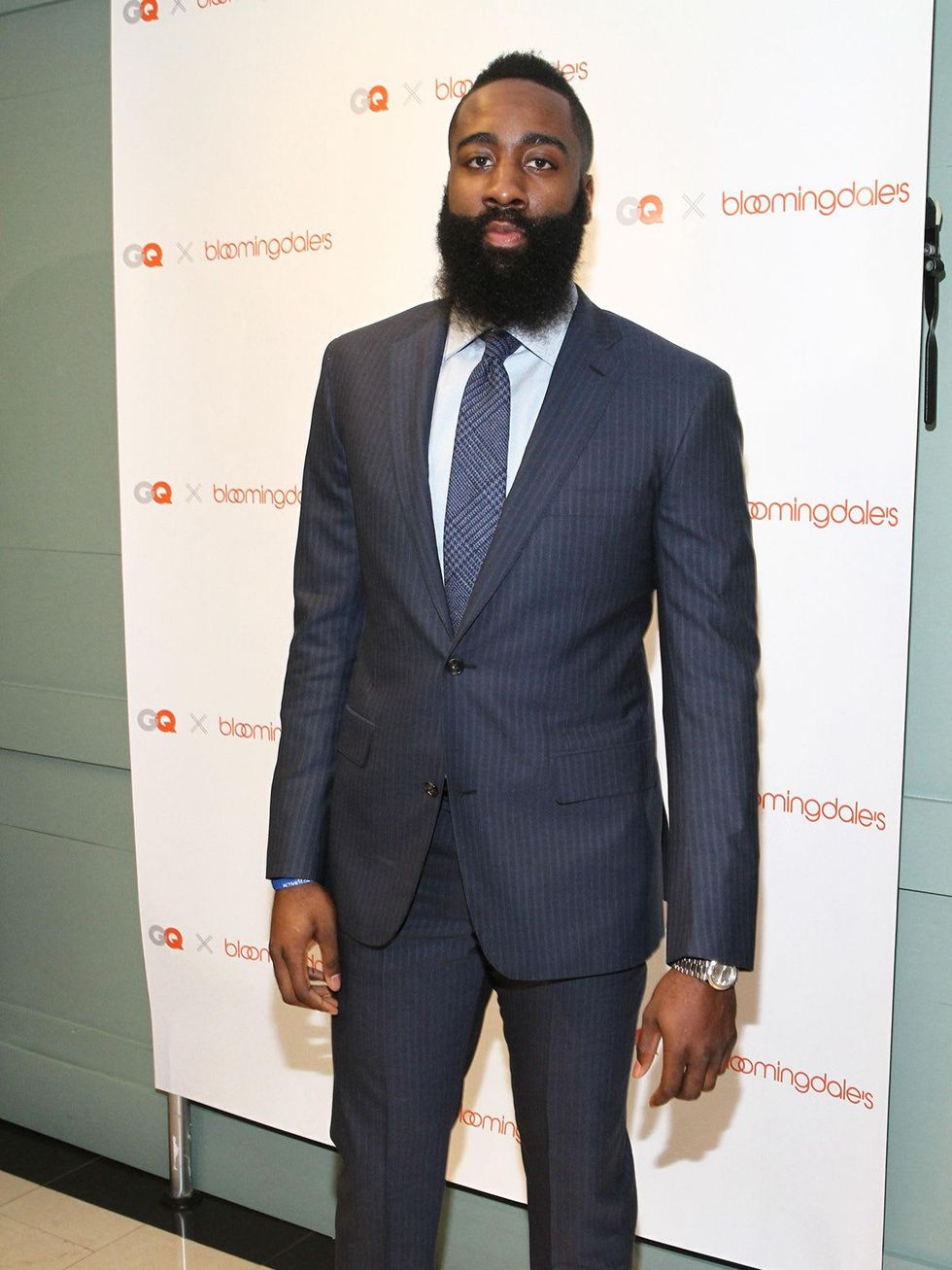A Hairy Trend
A hairy trend: From boardroom to sports arenas, the beard is back — in a big way
The beard is back, and in a big way. The past few years have seen a significant upturn in the number of men wearing their facial hair "loud and proud," both inside and outside of the office — a trend spanning industry, age and even socioeconomic groups — leading to the inevitable question: “To beard or not to beard?”
Two of Houston's sports stars who have been in the news a lot lately— the Rockets' James Harden and Astros pitcher Dallas Keuchel — are sporting distinctive beards. Both of the athletes' beards have their own Twitter pages — Keuchel's is at @KeuchelDBeard and Harden's is at @HardenBeard.
The past few years have seen an upturn in the number of men wearing their facial hair "loud and proud," leading to the inevitable question: “To beard or not to beard?”
And for the first time in more than a century, a growing number of the world’s business leaders are sporting facial hair. Beards grace the faces of Nike co-founder Phillip Knight; Goldman Sachs CEO Lloyd Blankfein; Time Warner chairman Richard Parsons; Jim French, CEO of Flybe; and Disney president Edwin Catmull; to name a few. There haven't been this many bearded wonders since Carnegie, Rockefeller, Gould, Morgan and other captains of industry were shaping the economy.
The shaving industry is not thrilled with this trend, which has had a surprisingly significant effect on business.
According to Newsweek’s Alex Renton, “sales of shaving equipment have fallen in both the U.S. and Europe for the first time in modern history,” and Proctor & Gamble, which owns Gillette, reported a drop in sales of 10 percent last year. The New York Post’s Beth Landman points out that “investment bank Jefferies reported that sales of non-disposable razors dropped 15 percent in the last quarter of 2013."
Growth of Growth
What has led to this dramatic change? Facial hair and capitalism have a connected history. Beards were once considered an indicator of liberal anti-establishment views and dissident tendencies, championed by such leaders as Karl Marx and Friedrich Engels, Che Guevara and Fidel Castro.
However, not since the Robber Barons have beards been as popular in conservative, capitalist boardrooms as they are today. The hirsute look is currently not tied to any threatening economic or political ideology, and according to The New York Times, whiskers “no longer code as threat.”
Sebastian Dillon of NextShark claims that young CEOs sport beards to look older and wiser, and to display their entrepreneurial, anti-corporate ideals.
One interesting hypothesis is that many professionals began growing beards as a result of the last recession. Christina Binkley of The Wall Street Journal describes two financial services professionals who lost their jobs and subsequently stopped shaving. She also points out that Al Gore grew a beard after losing the presidential election in 2000, stating that “it’s one of those tiny luxuries unleashed by unemployment.”
A significant contribution to the growing popularity of scruff comes from the technology industry. Oracle CEO Larry Ellison, Google co-founder Sergey Brin, Marc Benioff of Salesforce, Netflix’s Reed Hastings and Richard Branson of Virgin Group all have beards, though as Steve Tobak notes, they are all founders of their companies.
Sebastian Dillon of NextShark claims that young CEOs sport beards to look older and wiser, and to display their entrepreneurial, anti-corporate ideals.
According to an article in the Daily Mail, men with beards “look as much as eight years older than their unshaven counterparts.” The late Steve Jobs of Apple is perhaps the epitome of how the image of the CEO has changed over the years.
Beard of Directors
Despite the growing popularity in recent years of facial hair on professionals, the number of unshaven business executives is relatively small.
Sarah Mitchell, associate director in The Alexander Group's San Francisco office, says that there is so much facial hair in the Bay Area that “it’s more of the rule than the exception. But I suppose when I think about those working in a more conservative corporate environment, as opposed to Google or one of the many startups, I don’t see it very much.”
Phillip Rudolph, executive vice president, chief legal & risk officer and corporate secretary at Jack in the Box, was fully bearded in 2007 when he was interviewed and then hired at the fast-food chain, and he doesn’t believe beards “are even remotely disqualifying.”
However, prior to joining Jack, Rudolph was vice president and deputy general counsel at McDonald’s. He explains that while interviewing for the position, the human resources executive “asked how attached I was to my beard. I noted to him that more correctly put, the beard was attached to me."
Rudolph continues "But I took the hint and shaved off the beard. I remained clean-shaven throughout my five years with McDonald's.” Perhaps geography plays a role. Jack in the Box is headquartered in San Diego and McDonald’s home is in a Chicago suburb.
A recruiter for Shell Oil Company, says that rarely does she see candidates with facial hair, and hirsute executives at Shell “are few and far between.”
A Hairy Decision
The bottom line is that if you are going to go bearded or unshaven, there are certain written and unwritten rules to follow in the workplace.
- Know your company’s culture and whether or not there are regulations or unwritten “rules” concerning facial hair. Do your homework, or simply ask your manager.
- If you are going to grow facial hair, make sure that it is trimmed and neat. The last thing any executive (perhaps outside of the creative arts) wants to see is something ill-groomed and distracting.
- If you are interviewing, it is always better to play it safe. Research the industry and company. If in doubt, shave! You can always grow it back.
- Finally, if you decide to grow facial hair, plan accordingly. Wait for a holiday or vacation so that there is ample time for proper growth. Stubble in most workplaces tends to be perceived as sloppy or lazy.
-----------------
James Irvine is a Senior Associate at The Alexander Group.
